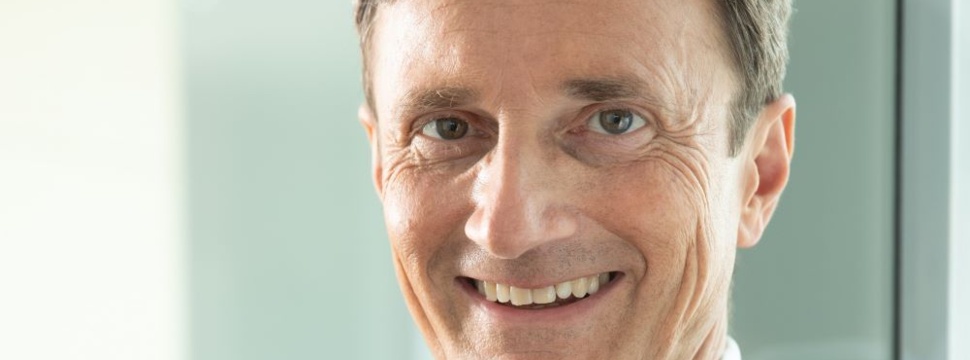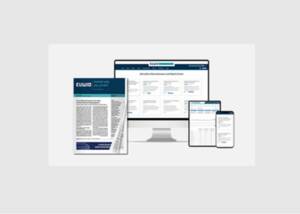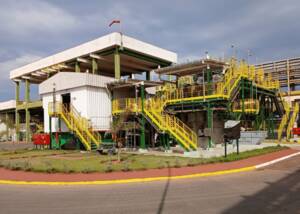More distance through reusable packaging: Dr. Jan Klingele is concerned about of the planned reusable quotas for transport packaging in the EU.
News General news
The rigid reusable quotas in the planned EU Packaging Regulation (PPWR) ensure more plastic and longer transport distances as well as larger storage areas.

This is the result of a study by the Society for Packaging Market Research. Dr Jan Klingele, Managing Partner of the Klingele Paper & Packaging Group, therefore calls for the preservation of functioning closed-loop systems, which have already proved their worth in the corrugated board industry. Former EU Commissioner Günther Oettinger is also convinced: "Reusable sustainable packaging solutions, e.g. made of corrugated board, have negative consequences for companies in this industry and others that would be affected by the Packaging Ordinance, as well as their employees."
In November, the European Parliament plans to vote on the extension of the EU Packaging and Packaging Waste Regulation (PPWR), which provides for a mandatory reusable share for transport packaging. The aim is, among other things, to avoidance of excessive packaging and more reusable and recyclable materials, among other things, to reduce the negative impact of packaging on the environment by avoiding excessive packaging and using more reusable and recyclable materials.
More plastic, less sustainable corrugated board
However, with the rigid quotas of reusable solutions for certain transport packaging, the EU is missing out on these goals, explains Dr Jan Klingele, managing partner of the Klingele Paper & Packaging Packaging Group: "We support the goals of the EU regulation and, as a forward-looking company, we are already implementing many ever better eco-balance. However, blanket reusable quotas often do not lead to the best ecological result. In the case of PPWR, the planned reusable quotas even jeopardise the environmental goals set.
According to a study by the Gesellschaft für Verpackungsmarktforschung (GVM) from June 2023, instead of consuming less plastic additional 114 kilotonnes of reusable packaging would be produced annually. In addition to build up the quota-based reusable system in the first year, a further 285 kilotonnes would have to be purchased. Thus, in my opinion inevitably run the risk of releasing more plastics and microplastics in our habitats.
Reusable packaging is also limited to certain standard formats, which leads to an increase of empty space in the packaging and thus in the supply chains. In this way one of the strengths of the corrugated industry: the ability to produce custom-fit packaging whose paper fibres can be recycled over twenty-five times and are subsequently biodegraded. Combined with the additional ways for cleaning and return transport of the reusable packaging we will see even more truck traffic on the roads. According to the study mentioned above, the kilometres will increase by as much as 200 percent by 2040.
We are therefore against blanket quotas and instead call for the preservation of functioning recycling systems that have proven their worth.
Companies in the corrugated board industry and beyond are affected
In addition to the dangers for the environment and the health of the PPWR reusable quotas also have consequences for those companies that offer more flexible packaging made of sustainable materials. This is also how former EU Commissioner Günther Oettinger feels about the situation: "My experience shows that EU legislation is particularly successful when it sets guard rails for the market, but the market can regulate itself within these rules. However, the planned reusable quotas in the current draft of the EU Packaging Regulation ensure that some companies - e.g. from the corrugated board industry - will not be able to participate in the competition. In my view, that would be questionable. The market would lose functioning closed-loop systems with very high and increasing recycling shares. For numerous family businesses from Baden-Württemberg and beyond with thousands of employees, this would have negative consequences associated."










